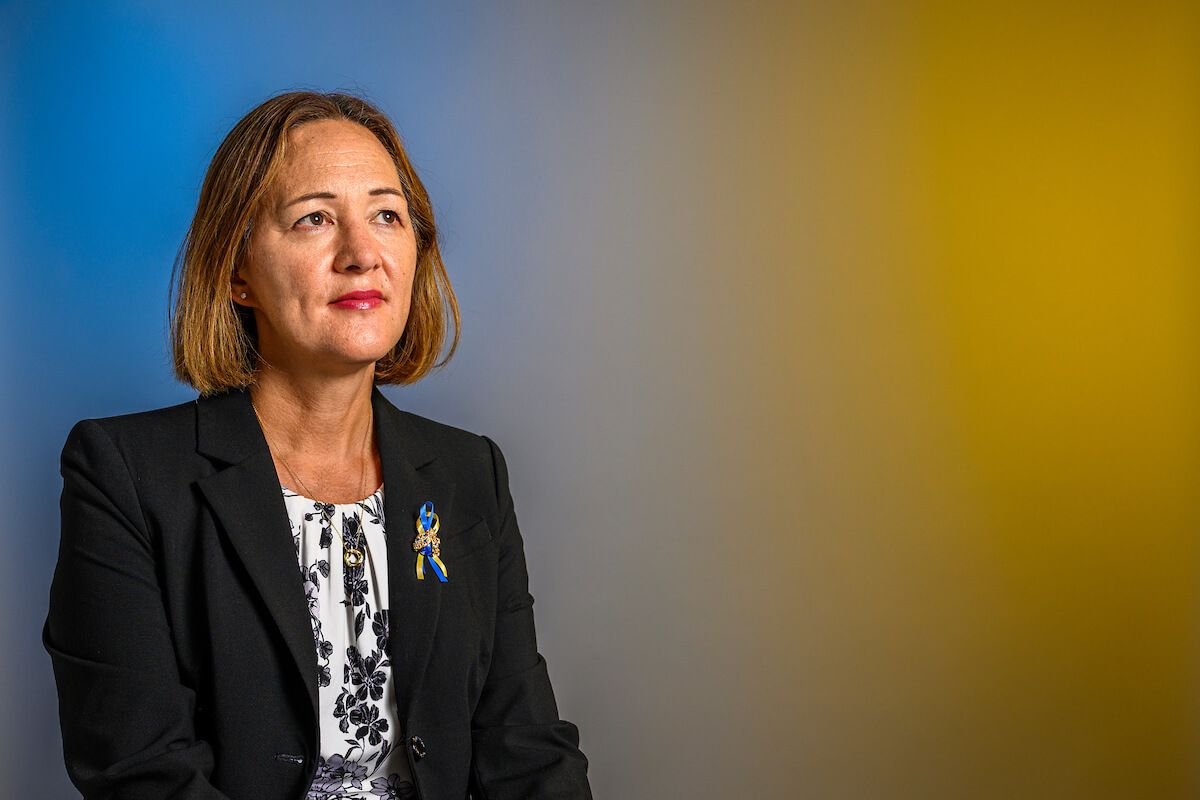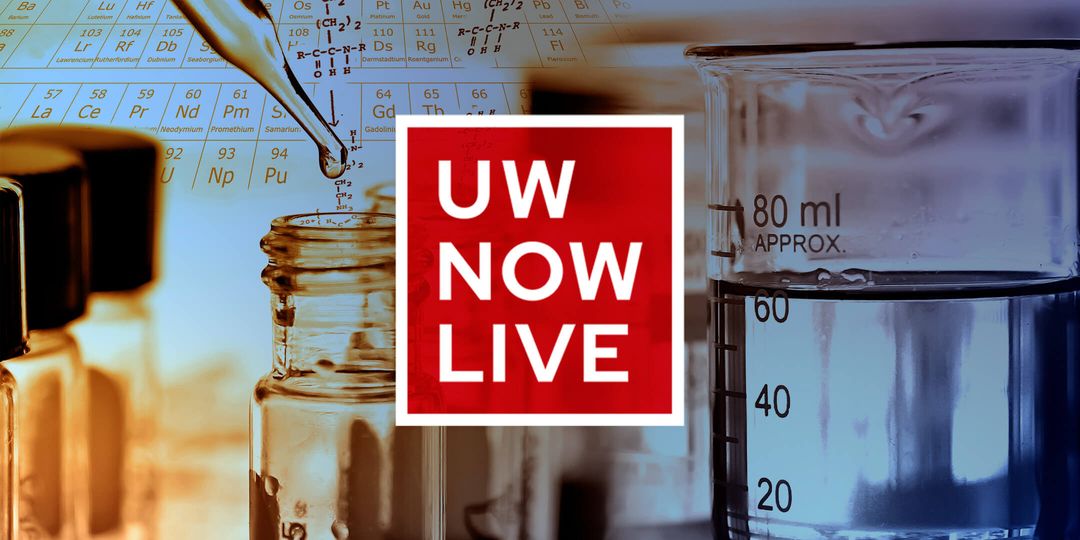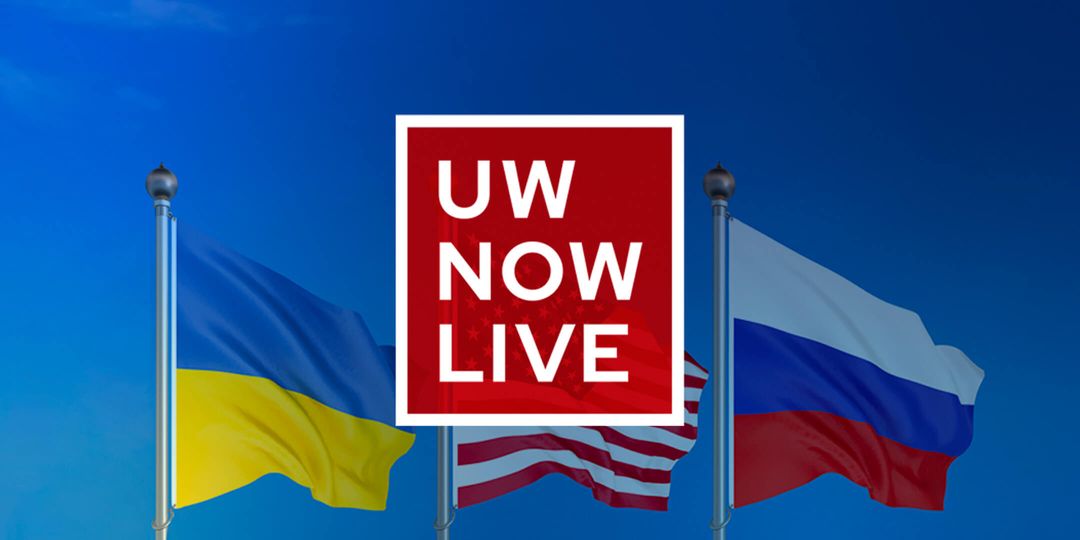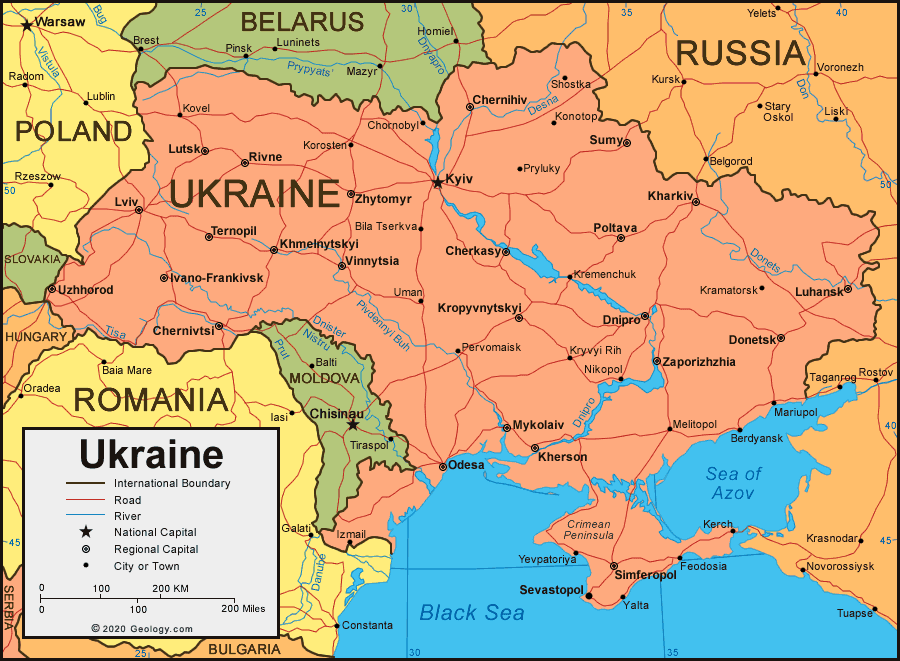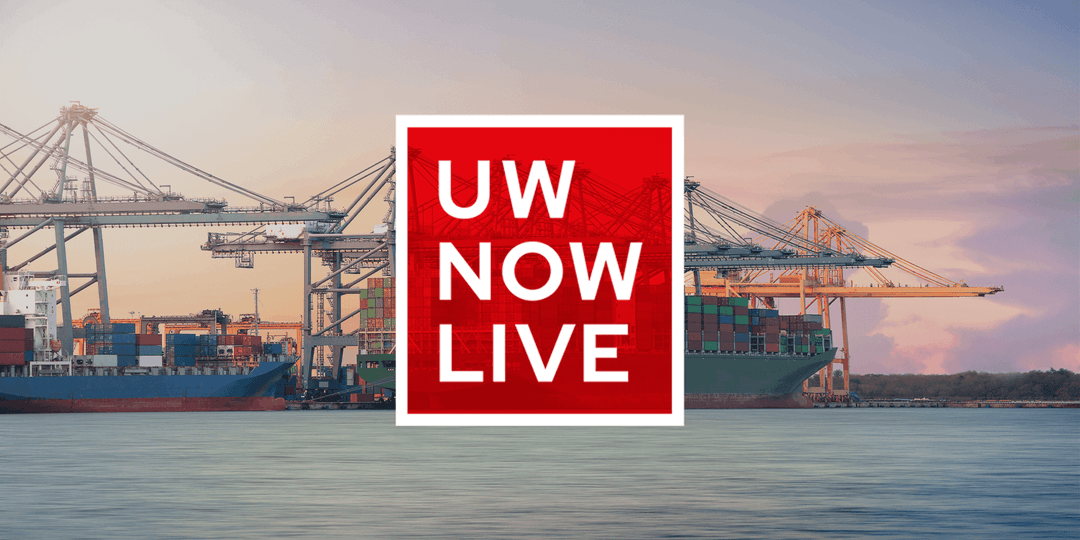Shortly after Russia invaded Ukraine on February 24, 2022, university leaders, national news outlets, and our own UW Now Livestream team turned to political scientists like Yoshiko Herrera for information. One year later, Herrera — a UW professor and expert in post-Soviet identity politics — will make her third appearance on The UW Now Livestream to reflect on the war, examine the role of the United States, and explore paths to peace.
Main Area of Research:
My main area of research is Russian politics and social identities, including nationalism, ethnic conflict, and what we call a constructivist political economy, or the way that people understand the economy and how that’s connected to social identities.
On The UW Now Livestream, I’ll Discuss:
Since we just passed the one-year anniversary of Russia’s invasion and war on Ukraine, I am going to focus on where the war is now, what things have we learned, what’s surprising, and maybe a bit of speculation what might come next. One year into the war, we have a lot more information about Russia’s motivations. We know more about the way in which imperial ambition — and I would say imperial myopia — led Vladimir Putin and other Russian officials to make exaggerated claims on Ukrainian sovereignty and nationhood, and also to not see the consequences of a military invasion and how that would play out in Ukraine and the rest of the world. I also plan to say a bit about how the war is playing out in Russia and what the effect of sanctions have been so far.
One Thing I’d Like Viewers to Remember Is:
The war on Ukraine is an opportunity for the United States to do the right thing. Vladimir Putin’s Russia is a global security threat, and if he is not deterred, he will not stop at Ukraine. U.S. support for Ukraine means standing up for people who are fighting to preserve their statehood, and not just because they don’t want to be part of Russia, but because Russia is brutalizing Ukrainians. We’re watching these atrocities unfold in the areas where Russia is occupying, and when they leave, you see the destruction that they’ve left. And the U.S. does have the capacity to make a huge difference in the conflict. It’s heartening that, so far, there’s a lot of bipartisan support, but I think we need to remain committed and provide Ukraine with the weapons that it needs to win the war as soon as possible.
To Get Smart Fast, Read:
There’s pretty good coverage at national newspapers such as the New York Times or Washington Post, but local papers such as the Wisconsin State Journal also carry a lot of good articles on a regular basis.
There are also a lot of podcasts one can follow to keep up to date on the war. One that I recommend is from the Daily Telegraph called Ukraine: The Latest. It’s a free podcast, and it’s recorded every day. It’s hosted by journalists who speak informally about the latest news, and they also include an interview each day. It could be somebody that wrote a book or someone who’s volunteering in a food kitchen or a journalist on the ground.
